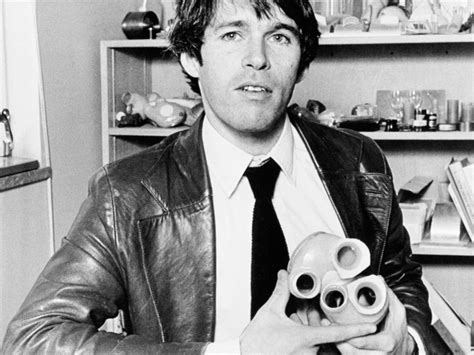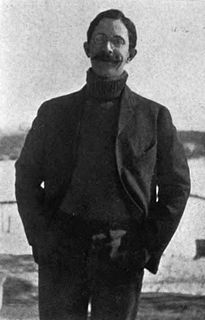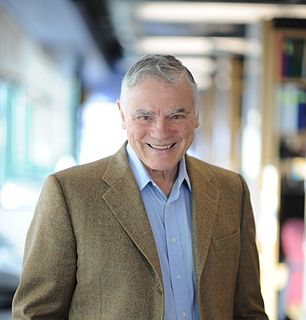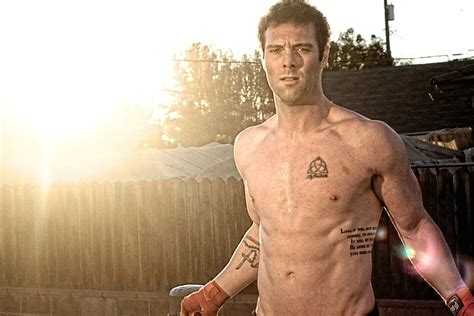A Quote by Paul Dudley White
We know from our clinical experience in the practice of medicine that in diagnosis, prognosis, and treatment, the individual and his background of heredity are just as important, if not more so, as the disease itself.
Related Quotes
When a physician is called to a patient, he should decide on the diagnosis, then the prognosis, and then the treatment. ... Physicians must know the evolution of the disease, its duration and gravity in order to predict its course and outcome. Here statistics intervene to guide physicians, by teaching them the proportion of mortal cases, and if observation has also shown that the successful and unsuccessful cases can be recognized by certain signs, then the prognosis is more certain.
The diagnosis that poverty, lack of education, or lack of opportunities have much to do with terrorism requires a fundamentally optimistic view of human nature. This diagnosis leads to the prognosis that all we need to do to solve the terrorism problem is to create societies that are less poor, better educated and have more opportunities.
An important finding is that by determining the genome sequences of an entire family, one can identify many DNA sequencing errors and thus greatly increase the accuracy of the data. This will ultimately help us understand the role of genetic variations in the diagnosis, treatment, and prevention of disease.





































